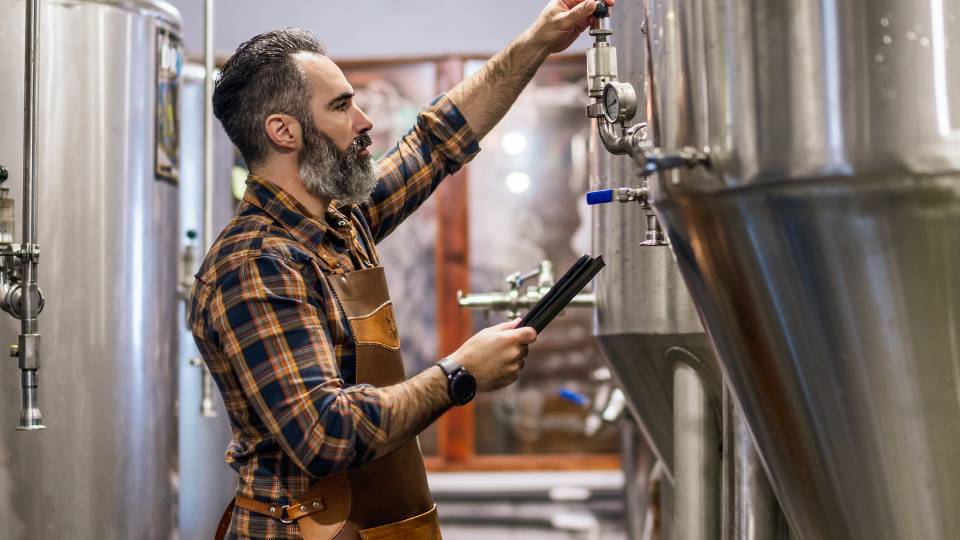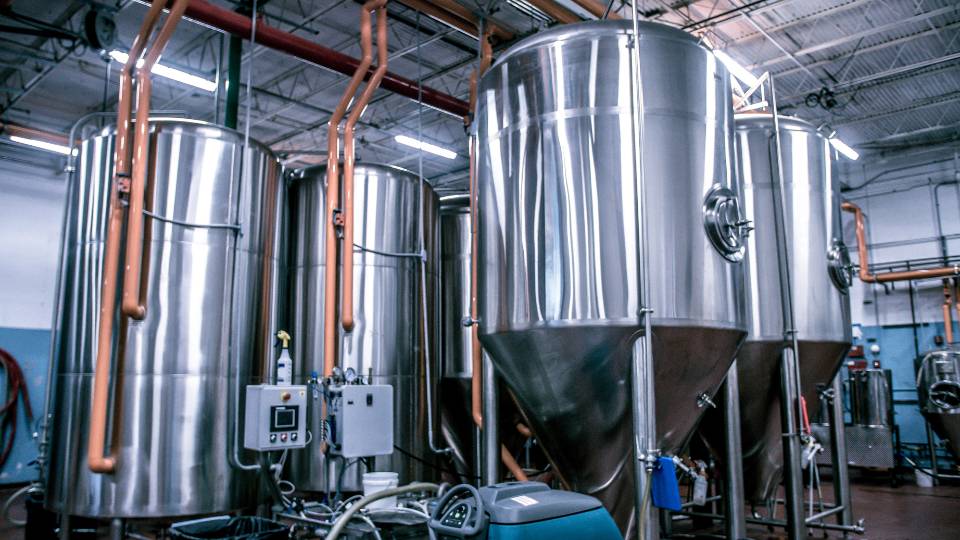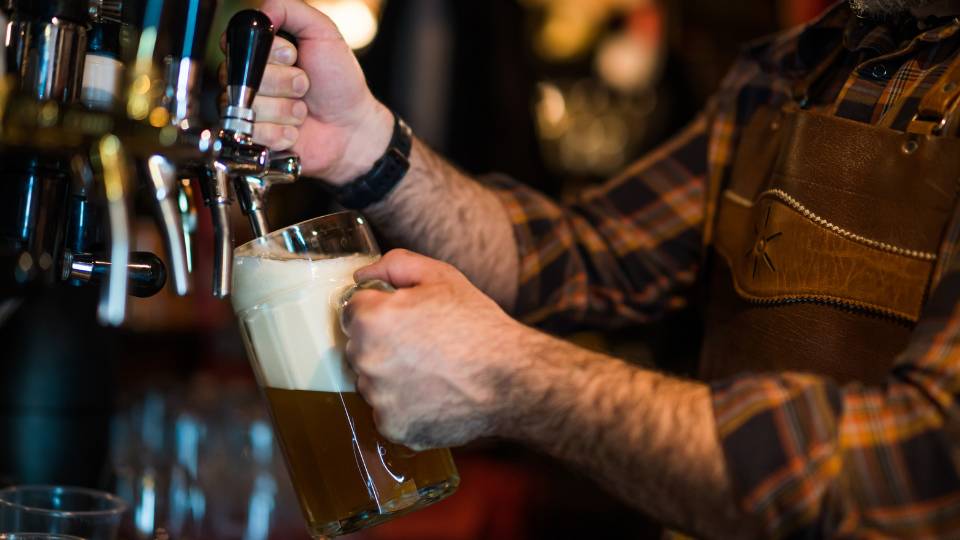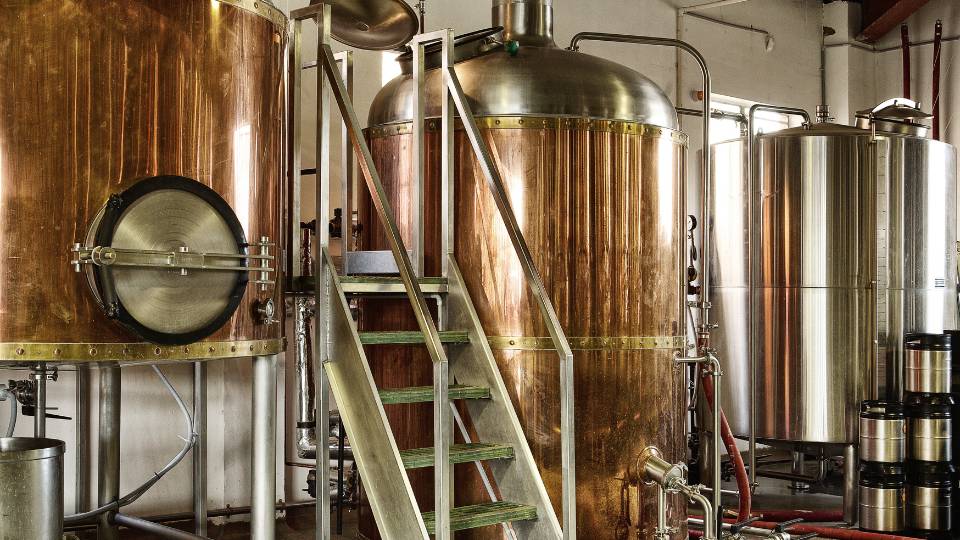
Brewery byproducts can be an underutilised method of extra revenue in the brewery industry.
Breweries in the UK produce a staggering amount of byproducts each year.
While brewing beer, substantial quantities of spent grain, yeast, and hops are left behind.
However, what was once considered waste is now being creatively repurposed across various industries.
This not only helps in reducing waste but also contributes to sustainability and innovation.
Let’s explore some of the most innovative uses for brewery byproducts in the UK.
Table of Contents
- 6 Different Uses for Brewery Byproducts
- Interesting Facts and Statistics on Brewery Waste
- Conclusion

6 Different Uses for Brewery Byproducts
1. Sustainable Animal Feed from Brewery Byproducts
One of the most common uses for spent grain is as animal feed.
The high fibre and protein content make it an excellent supplement for livestock diets.
Many UK farms have established partnerships with local breweries, providing a cost-effective and nutritious feed option for cattle, pigs, goats and poultry.
This symbiotic relationship supports the agricultural sector and helps breweries reduce waste.
2. Bioenergy Production
Breweries are increasingly looking to convert their byproducts into bioenergy.
Spent grain can be processed into biogas through anaerobic digestion, producing renewable energy that can power brewery operations or be fed back into the national grid.
This not only helps breweries lower their carbon footprint but also contributes to the UK’s renewable energy targets.
3. Organic Fertiliser
The nutrient-rich byproducts of brewing are being used to produce organic fertilisers.
Spent yeast and hops add valuable nutrients to the soil, improving crop yields and soil health.
Several UK breweries are collaborating with local farmers to supply these organic fertilisers, promoting sustainable agriculture practices.
4. Innovative Food Products from Brewery Byproducts
Spent grain is finding its way into human food products as well.
High in fibre and protein, it is used to create bread, crackers, and even granola bars.
Some UK companies have developed innovative recipes that incorporate spent grain, providing a nutritious and sustainable alternative to traditional ingredients.
5. Biodegradable Packaging
In an effort to combat plastic waste, some UK breweries are exploring the use of spent grain to create biodegradable packaging materials.
This eco-friendly packaging can replace conventional plastics, reducing environmental impact and promoting a circular economy.
6. Mushroom Cultivation
Spent grain serves as an excellent substrate for growing mushrooms.
The UK has seen a rise in small-scale mushroom farms utilising brewery byproducts to cultivate gourmet varieties.
This not only provides an additional revenue stream for breweries, but also supports local food production.

Interesting Facts and Statistics on Brewery Waste
- The UK brewing industry produces over 900,000 tonnes of spent grain annually.
- Using spent grain as animal feed can save farmers up to 50% on feed costs.
- Breweries converting byproducts to biogas can reduce their energy costs by up to 30%.

Conclusion
Exploring the innovative and sustainable uses of brewery byproducts in the UK reveals a world of possibilities that extend beyond traditional waste disposal.
From transforming spent grain into nutritious animal feed and bioenergy to creating organic fertilisers and biodegradable packaging, these practices exemplify a commitment to sustainability and environmental responsibility.
The UK’s brewing industry is not only brewing great beer but also leading the way in sustainable innovation.







